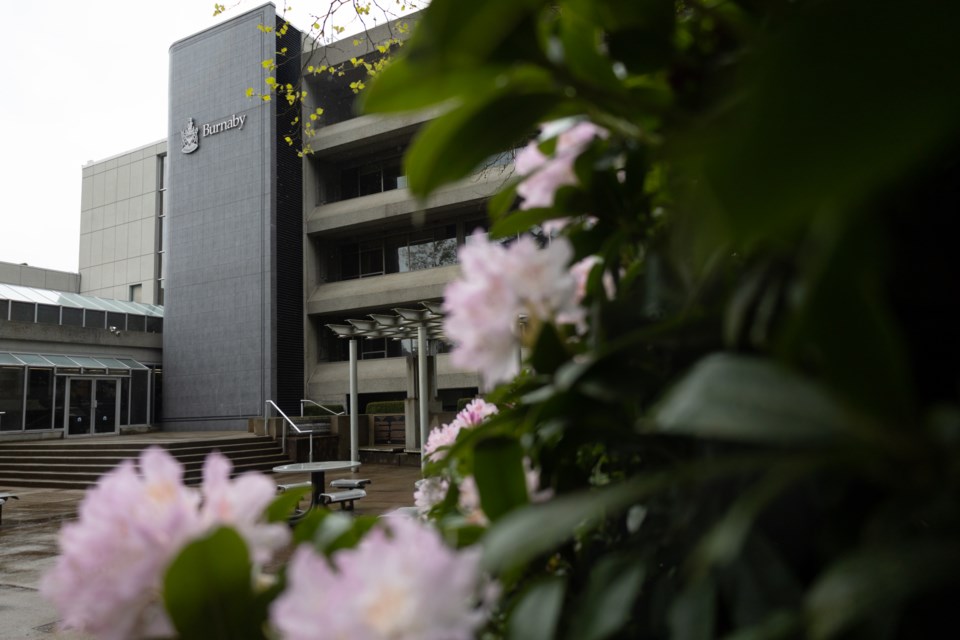What’s a motion and why does it matter in Burnaby?
At city council meetings, councillors can raise a motion to suggest an action they would like the city to pursue.
Burnaby’s high-level priorities are set by its corporate strategic plan and various other frameworks, but motions can be a way for councillors to direct specific attention to chosen issues.
A recent CBC report looked at motions put forward by Vancouver councillors, finding a 73 per cent increase in the number of motions raised from the previous council (with a total of 313 motions).
Burnaby’s council is less marked by division than Vancouver’s, and so the subject of motions in Burnaby must be considered differently.
The number of motions in Burnaby since the 2018 election isn’t particularly large: the total comes in at a tidy 34.
Motions aren’t the only means councillors use to progress their agenda at city hall, but a look at what councillors are specifically directing staff to do can indicate an individual councillor’s priorities or internal relations among the councillors.
What are the councillors doing east of Boundary?
Almost all motions have been unanimously passed, with one notable exception: those of independent councillor Colleen Jordan.
Jordan has been the most active mover of motions, raising seven in total. Five of those were related to housing.
Of her seven motions, four failed, one likely would have failed had she not withdrawn it, and one was deferred.
Jordan, along with Coun. Dan Johnston and former Coun. Paul McDonell (who died in 2020), split from the Burnaby Citizens Association in 2020 after her motion regarding city subsidies for the BC Housing project at 6585 Sussex Ave. failed. It was the fourth motion of hers to be rejected by her former party members.
Since then, she’s made one motion.
The only other motion that hasn’t passed was one from Mayor Mike Hurley; he withdrew it.
The 2021 byelection brought on two new councillors, Alison Gu and Mike Hillman, who have each raised two motions.
Coun. James Wang of the BCA has the fewest motions made: one joint motion raised alongside Coun. Pietro Calendino, also with the BCA.
Calendino and the mayor are tied for second-most motions made, at five apiece.
Other than Jordan’s failed motions, only two motions received opposition (though both still passed).
Calendino’s motion to direct staff to study allowing construction of “full cellars in single and two-family dwellings” was opposed by Jordan, Johnston and McDonell.
Hillman’s motion to have staff look into addressing RCMP facility needs as its “E” division in Surrey looks to relocate was opposed by Calendino and Gu.
What are the motions about?
Nine motions are related to housing (five of those are Jordan’s: three failed, one withdrawn).
The “advocacy” category is a nebulous group, ten in total, in which council throws an endorsement behind a movement, and often writes a letter to another level of government to show its support.
That includes Coun. Sav Dhaliwal’s solidarity with the Indian farmers and farm workers in 2021, Hillman’s support of Ukraine and Ukrainian families this past February, or Coun. Joe Keithley’s endorsement of the fossil fuel non-proliferation treaty in January.
Two motions were about reducing councillors’ stipends in 2020 as the pandemic began.
Note about data: The NOW only reviewed motions brought to a regular council meeting with a notice, and not those that arose out of earlier discussion, reports, correspondence, or in a committee. You can read a compiled chart of the motions below.




